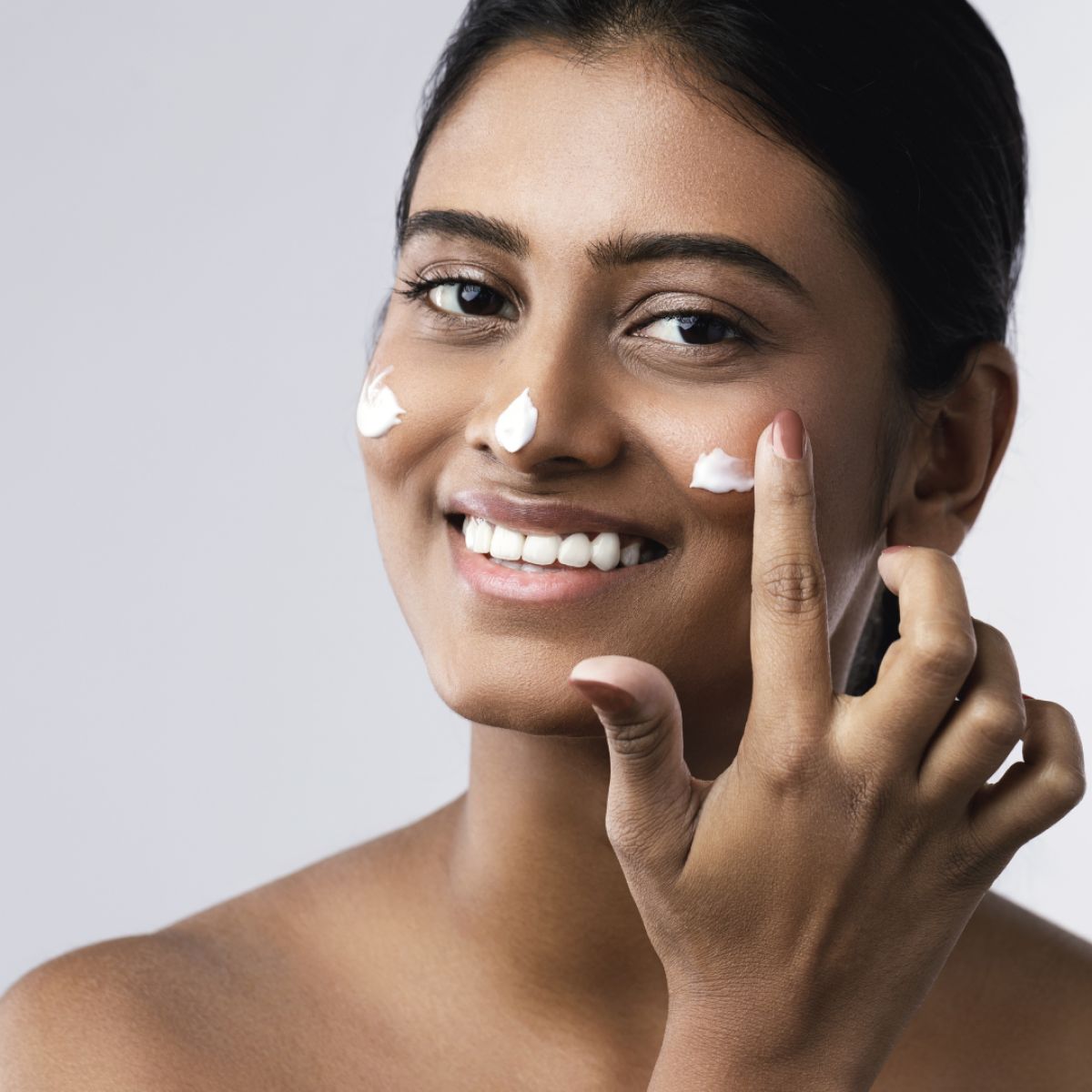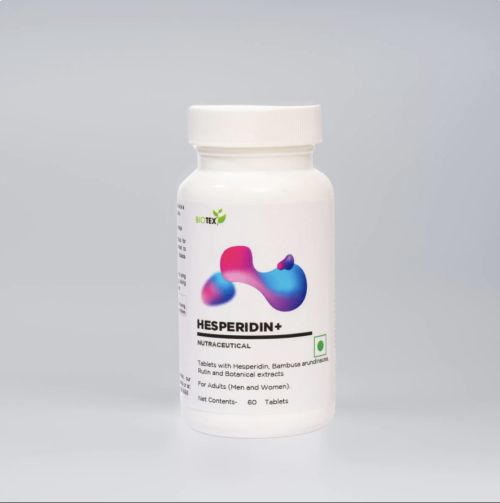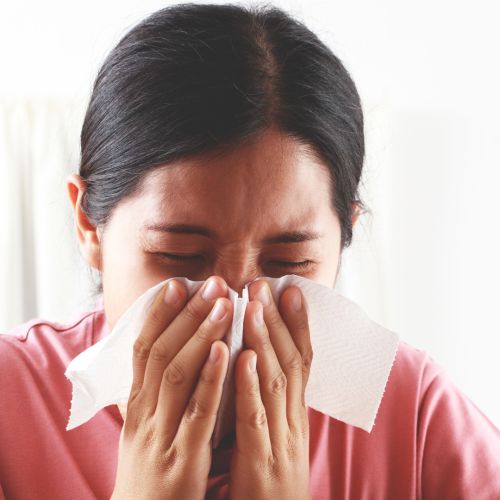The skin is more than just a cover; it's a vital organ and the body’s largest one, playing multiple essential roles in maintaining overall health. It not only enhances aesthetic appeal but also acts as a protective barrier against environmental elements, regulates body temperature, and allows us sensory experiences through touch, heat, and pain. This complex organ is our first line of defense against the outside world, underscoring the importance of keeping it healthy and resilient. In this blog, we'll delve into the skin's various functions and discuss the importance of holistic care through lifestyle choices, highlighting that skin health is not just about beauty but integral to our general wellbeing. We'll offer insights into how everyday behaviors and simple changes can significantly impact the health and vitality of our skin.
The Skin as a Health Indicator
Your skin is often a mirror, reflecting the state of your internal health. Many internal imbalances and conditions can manifest as skin issues, making it a critical indicator of your overall health. For example, dehydration often leaves the skin dry and less elastic, while nutritional deficiencies can lead to dullness or increased skin sensitivity. Additionally, more serious systemic diseases such as diabetes or liver disease can show their initial signs through skin changes like dark patches or excessive itchiness.
Understanding the skin as a window to your body’s internal workings not only helps in identifying potential health issues early but also emphasizes the need for a holistic approach to health. Paying attention to changes in your skin's condition can act as a crucial early warning system, prompting a deeper investigation into your overall well-being. It's important to recognize these signs and seek medical advice when unusual changes persist, as this can be key in addressing underlying health problems effectively.
Lifestyle Factors Affecting Skin Health
The health of your skin is significantly influenced by your lifestyle choices. What you eat, how much you sleep, the amount of water you drink, and how you manage stress all play vital roles in maintaining skin health. A diet rich in vitamins, minerals, and antioxidants can protect the skin from oxidative stress, reduce inflammation, and support repair and renewal processes. Foods high in Vitamin C and E, selenium, and omega-3 fatty acids are particularly beneficial for enhancing skin barrier function and promoting a radiant complexion.
Hydration is another cornerstone of healthy skin. Drinking sufficient water throughout the day helps maintain the skin’s elasticity and moisture level, which is essential for its protective function and visual appearance. Additionally, in dry climates or heated indoor environments, using a humidifier can help maintain ambient moisture levels, further supporting skin hydration.
Sleep and stress management are also very important aspects to take into consideration. Quality sleep allows for cellular repair and rejuvenation, while poorly managed stress can lead to breakouts, exacerbate eczema, or trigger psoriasis. By adopting stress-reduction techniques such as mindfulness, yoga, or regular physical activity, you can help mitigate these adverse effects on your skin. Together, these lifestyle factors contribute significantly to not only how your skin looks and feels but also to its ability to perform its essential functions.
Environmental Influences on Skin Health
Our skin is constantly exposed to various environmental factors that can significantly impact its health and appearance. Sun exposure is one of the most potent environmental factors; UV rays can cause premature aging, skin cancers, and damage to the skin's structural integrity. Protecting your skin from the sun using broad-spectrum sunscreens, wearing protective clothing, and avoiding the sun during peak intensity hours are essential strategies for maintaining skin health.
Pollution is another environmental aggressor that can deteriorate skin health. Pollutants like smoke, dust, and chemical residues can penetrate the skin, leading to oxidative stress which accelerates aging and exacerbates skin conditions such as acne and eczema. Simple preventive measures like thorough skin cleansing daily and using antioxidant-rich moisturizers can help fortify the skin’s barrier and minimize these adverse effects.
Changes in climate, particularly extreme cold or heat, can also affect skin health by disrupting the skin’s natural moisture balance. Using appropriate skin care products to maintain moisture in various weather conditions is crucial for preserving skin health and preventing dermatological issues.
Regular Health Check-ups and Skin Monitoring
Integrating skin examinations into regular health check-ups is vital for maintaining long-term skin health. Just as you would monitor your blood pressure or cholesterol levels, keeping an eye on your skin can help catch early signs of potential health issues. Monitoring moles, recurring rashes, or persistent skin changes is crucial and should prompt visits to a healthcare provider or dermatologist.
Encouraging proactive skin health management can lead to the early detection and treatment of issues before they develop into more severe conditions. Awareness and timely medical advice are key components of effective skin care and overall health.
Healthy skin is more than just a sign of beauty; it's a reflection of your body’s overall well-being. This blog has highlighted how environmental factors, lifestyle choices, and regular medical oversight play pivotal roles in maintaining skin health. Adopting a holistic approach to your health can profoundly affect your skin’s health and its ability to perform its critical functions. Treat skin care as an essential part of your health regimen—not just for aesthetic reasons but as a vital aspect of your overall health maintenance. Let's prioritize our skin health, understanding its importance in our protective barrier against the world.



